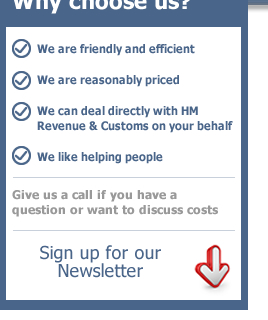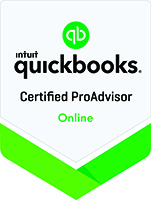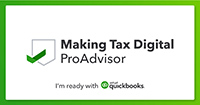Changes to high earners for Self-Assessment
Newsletter issue – November 2024
Anyone who earned between £100,000 and £150,000 in the 2022-23 tax year should have received a letter from HMRC regarding changes to the requirements to fill out a Self-Assessment Tax Return for 2023-24.
Those with income within this range and who are purely paid through PAYE have been required to submit a tax return up until now. But the threshold is rising to £150,000 for 2023-24, as HMRC officials are highlighting to taxpayers in recent weeks.
So, now those with income between £100,000 and £150,000 will not have to complete Self-Assessment for 2023-24 - unless any of the following criteria applies to them. They:
- receive any untaxed income over £2,500
- are a partner in a business partnership
- have to pay the High-Income Child Benefit Charge
- are a self-employed individual with gross income of over £1,000
The 2023-24 Self-Assessment deadline is 31 January 2025. Bigger changes are afoot for beyond this. For the current tax year (2024-25), HMRC is scrapping the income threshold to complete a tax return for PAYE-only taxpayers. However, the list of criteria above will still apply, meaning Self-Assessment Tax returns will be necessary for those fitting them.
 Cookies are small text files that are stored on your computer when you visit a website. They are mainly used as a way of improving the website functionalities or to provide more advanced statistical data.
Cookies are small text files that are stored on your computer when you visit a website. They are mainly used as a way of improving the website functionalities or to provide more advanced statistical data.

























